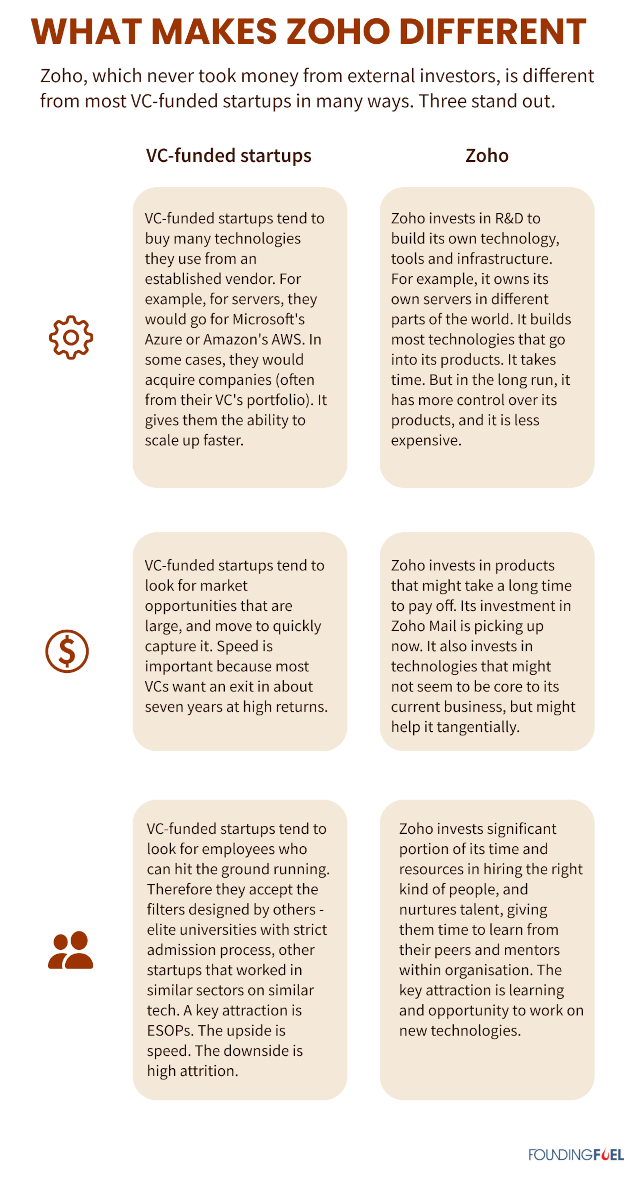[From Unsplash]
Good morning,
Most of us are weaned on wisdom that we must grow to have our own minds. And that hero worship is bad. Will Durant, one of our favourite philosophers and writers, has an altogether different take on this. In The Greatest Minds and Ideas of All Time, he argues, “the shameless worship of heroes” is necessary.
“I say shameless, for I know how unfashionable it is now to acknowledge in life or history any genius loftier than ourselves. Our democratic dogma has levelled not only all voters but all leaders; we delight to show that living geniuses are only mediocrities, and that dead ones are myths. If we may believe historian H.G. Wells, Caesar was a numbskull and Napoleon a fool. Since it is contrary to good manners to exalt ourselves, we achieve the same result by slyly indicating how inferior are the great men of the earth. In some of us, perhaps, it is a noble and merciless asceticism, which would root out of our hearts the last vestige of worship and adoration, lest the old gods should return and terrify us again.
“For my part, I cling to this final religion, and discover in it a content and stimulus more lasting than came from the devotional ecstasies of youth. How natural it seemed to greet the great Indian poet Rabindranath Tagore by that title which so long had been given him by his countrymen, Gurudeva (“Revered Master”)—for why should we stand reverent before waterfalls and mountaintops, or a summer moon on a quiet sea, and not before the highest miracle of all: a man who is both great and good? So many of us are mere talents, clever children in the play of life, that when genius stands in our presence we can only bow down before it as an act of God, a continuance of creation. Such men are the very life-blood of history, to which politics and industry are but frame and bones.
“The real history of man is not in prices and wages, nor in elections and battles, nor in the even tenor of the common man; it is in the lasting contributions made by geniuses to the sum of human civilization and culture.”
Have a great week!
FF Exclusive: Lessons from Zoho’s Sridhar Vembu
Many entrepreneurs are worried about the funding winter facing the startup ecosystem. One constantly hears about layoffs, and worries about a recession. There can be no better time to read about Sridhar Vembu who built Zoho without any funding from venture capitalists.
Check out this infographic that captures the key differences between venture-funded startups and Zoho.

But don’t stop there. Sridhar Vembu has survived two downturns, the dotcom/telecom crash in 2001 and the global financial crisis in 2008. And Zoho today is stronger than ever.
There is much to learn from his fiercely independent, first principles thinking, as captured in our latest story, written by our colleague NS Ramnath.
He built Zoho by questioning the conventional narratives—focusing on software products when IT service was the rage; refusing VC money, despite being in the Silicon Valley; building a culture of autonomy and trust, rather than on metrics when companies were swearing by measure and manage; hiring people ignored by the mainstream; investing heavily in building his own technology infrastructure, even if it took time, when many opted to rent from established companies or acquire emerging ones; by going through the grind of putting culture first, and aligning strategy and execution with that, instead of sweeping culture under the carpet of “scaling up”, as if it’s an irritant; by taking time to think of second order consequences of the decisions, when everyone was optimising for first order results.
Sridhar continues to take the path less travelled. While many business leaders are breaking their heads over bringing employees back to the office or moving to a hybrid model, he is experimenting with new models of work, setting up rural offices doing high-end technology work and connecting them to hubs in small cities and towns. He is laying the ground for the long-term success of the company—investing in building tools and infrastructure and strengthening its unique culture.
And there is much to be inspired by…
Vijay Sundaram, who was a classmate of Thomas at St Joseph’s school in Bangalore, knew Sridhar from the early days. In 2014, he joined Zoho as its chief strategy officer. But even back in the 90s, Sridhar had “an enormous amount of self-belief, not just in himself, but also in the organisation, that they will be world-beaters.”
“Very few people have that,” he said. “When you have that self-belief, you do things for the long term.”
Dig deeper
Amazon hits RESET
With stock markets across the world under pressure, tech stocks are coming under intense scrutiny. As its stock prices take a hammering, questions are being asked of the posterboys such as Amazon led by the very charismatic Jeff Bezos if the company stretched itself too thin. Dana Mattioli writes in The Wall Street Journal that it did and Amazon’s current CEO Andy Jassy has a tough job to do.
“Early in the pandemic, Amazon saw a pivotal moment to meet demand and expand its e-commerce reach. Under its founder, it opened hundreds of new warehouses, sorting centers and other logistics facilities, and doubled its workforce from 2020 through March, to more than 1.6 million people.
“That helped the business for a time—Amazon was one of the biggest beneficiaries of the pandemic tech boom. Its revenue grew by a total of two-thirds across 2020 and 2021, and its profit nearly tripled. But demand hasn’t kept pace with that planned capacity, and its setback has been among the most pronounced.
“In 27 months, Amazon added about as many employees as the entire workforces of United Parcel Service Inc. and Costco Wholesale Corp. combined.
“Now, Mr. Jassy and his team are working to sublease at least 10 million square feet of excess warehouse space, defer construction of new facilities on land Amazon has bought and find ways to end or renegotiate leases with outside warehouse owners. He has closed down much of the company’s bricks-and-mortar retail operation—68 stores—and is looking to pare back its head count.”
Dig deeper
Rare pictures

(Via Twitter)
Found anything interesting and noteworthy? Send it to us and we will share it through this newsletter.
And if you missed previous editions of this newsletter, they’re all archived here.
Warm regards,
Team Founding Fuel


